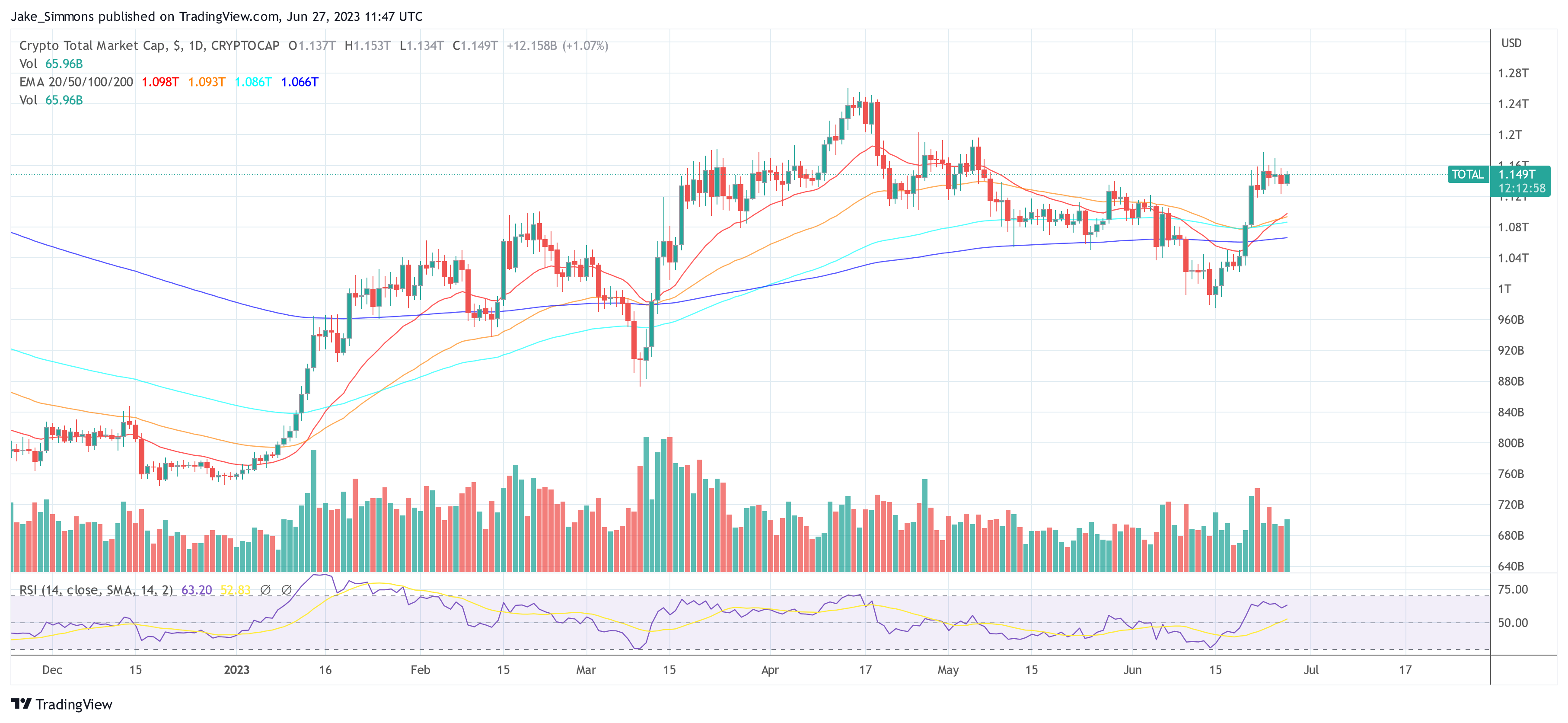Hong Kong has taken a significant step forward in embracing crypto as it re-opened its doors to the world of digital assets at the beginning of the month. In a bid to position itself as a leading global financial hub for innovative technologies, the Hong Kong government, in collaboration with the Securities and Futures Commission (SFC), has introduced a set of regulations to govern the trading and issuance of cryptocurrencies within its jurisdiction.
The re-opening of Hong Kong comes after a period of careful evaluation and consultation with industry experts, market participants, and other stakeholders. In addition to these overarching measures, the Hong Kong SFC has outlined specific requirements for retail-tradable tokens, aimed at safeguarding retail investors. One of the measures is that the Hong Kong SFC requires retail-tradable tokens to be included in at least two indices.
Hong Kong’s HKVAC Releases New Crypto Index
In view of this, a publication by the Hong Kong Virtual Asset Consortium (HKVAC) is causing a stir today. The Hong Kong rating agency today announced its virtual asset index, which includes the following cryptocurrencies: WBTC, BTCB, stETH, Bitcoin Cash, Litecoin, BNB, MATIC, Cardano (ADA), ATOM, Filecoin (FIL), NEAR, Algorand (ALGO), ICP, XRP, Dogecoin (DOGE), Polkadot (DOT), WTRX, Shiba Inu (SHIB), TRX, LINK, LEO, Monero (XMR), XLM, OKB, LDO, HBAR, VET, QNT, FTM and EOS.
HK moving forward. pic.twitter.com/BY4Bg6qHOu
— CZ
Binance (@cz_binance) June 27, 2023
As reported by Chinese crypto journalist Colin Wu, the list is controversial in that the listed cryptocurrencies also include platform tokens, privacy tokens and a large number of tokens listed as securities by the US Securities and Exchange Commission (SEC). According to Wu, the institution is backed by Hong Kong lawmakers Johnny Ng, Huobi, KuCoin and others.
Due to these controversies, the Hong Kong crypto community does not believe that the reference value is very high, as Wu explains. Since HKVAC’s index is non-governmental, and its assessment criteria are very simple, Wu believes it will have no impact on retail market tradability.
The main criterion of the index is market capitalisation. Thus, the top 30 cryptocurrencies with the highest market capitalisation (excluded BTC, ETH and stablecoins) is included in the index if they have been actively traded in the market for at least three months and meet certain liquidity requirements (at least $10 million market capital and a median daily value traded, MDVT, over three months of at least $100,000 per day).
As of today, only Bitcoin, Ethereum, Litecoin, Bitcoin Cash, Polkadot, Solana Cardano, Avalanche, Polygon and Chainlink are approved for trading by the SFC for retail traders. Whether the new index by the HKVAC will have an impact on this list seems more than questionable at this point. However, it would undoubtedly be major news for coins such as SHIB, XRP, ADA or Dogecoin.
At press time, the total crypto market capitalisation stood at $1.149 trillion, taking a breather after last week’s rally.










